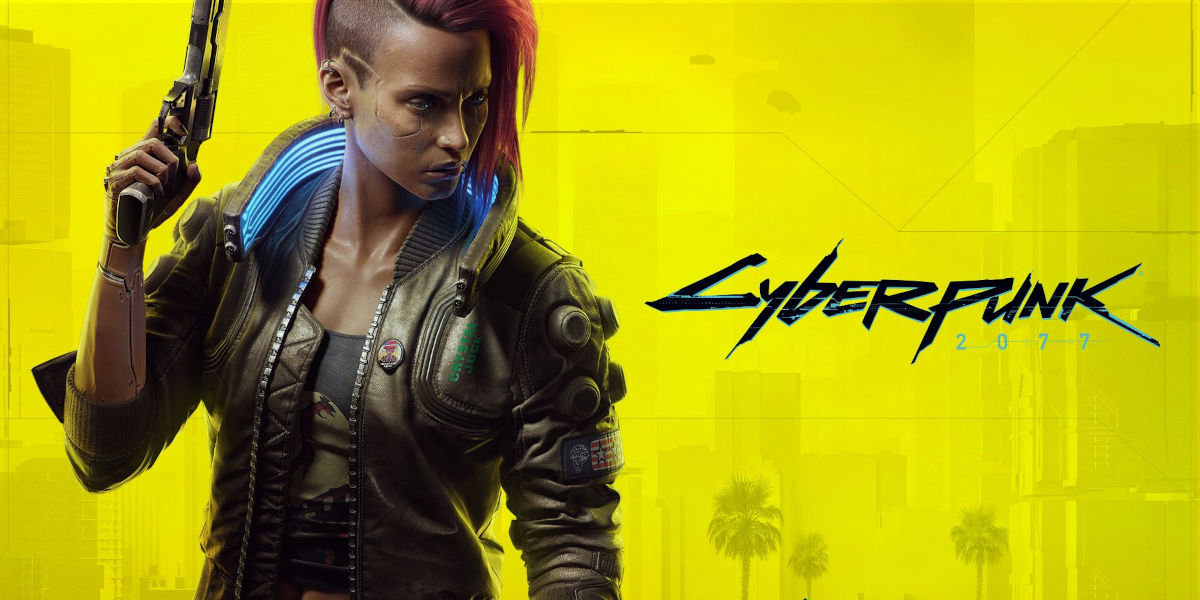The world of gaming reverberates with tales of awe-inspiring success, groundbreaking technology, and mind-blowing graphics that indulge gamers into the world of their wildest imagination. Every so often, however, it echoes with stories of monumental failures that serve as turning points in the gaming industry. The troubled launch of Cyberpunk 2077, a highly anticipated game, is one such tale. Cyberpunk 2077's launch was supposed to mark a significant milestone in the realm of gaming, all set to redefine the horizon of open-world role-playing games. Instead, complacency, hubris, and numerous technical problems led to a disastrous launch, the ripples of which can still be felt within the industry.
Cyberpunk 2077’s Troubled Launch: A Prelude to Disaster
Upon its announcement in 2012, Cyberpunk 2077, developed by CD Projekt Red, quickly became one of the most anticipated games of the decade. With promises of a sprawling, immersive world full of intricate detail and groundbreaking design, it was touted as the next landmark title in the realm of RPGs. Little did gamers know, however, that the game’s launch would result in one of the most publicized fiascos in recent gaming history.
The trouble began when the game was released on December 10, 2020. Gamers across multiple platforms reported a myriad of issues, from annoying glitches to disruptive bugs, which considerably hampered the playing experience. There were reports of screen tearing, frame rate issues, crashes, and countless bugs – all markers of a game that was not ready for launch. Even on the next-gen consoles and high-end PCs, where a smoother performance was expected, Cyberpunk 2077 didn’t deliver on its high promises.
The Major Hurdles: Understanding the Issues with Cyberpunk 2077
What wafts closer in an investigation of Cyberpunk 2077's disastrous launch is a cascade of issues with the game itself. Addressing the litany of problems that players experienced requires exploring a variety of connected areas, from graphics and performance concerns to discussion of the game's foundational design.
One major complaint was the variation in game performance across different platforms. While players on high-end PCs and next-generation consoles had a generally better experience, players on last-generation consoles suffered heavily from poor performance and graphics, revealing a startling inconsistency in the overall player experience.
Another primary concern was the myriad of bugs and glitches that seemed almost omnipresent in the game. From issues with the non-playable characters (NPCs) to significant problems with texture rendering, these glitches pulled players out from the immersive experience that Cyberpunk 2077 was supposed to deliver. This also reflected poorly on the quality assurance processes of CD Projekt Red.
Why Was Cyberpunk 2077's Launch So Problematic?
Understanding why Cyberpunk 2077's launch was so problematic requires delving into the deeper issues that shaped its development. The root causes of Cyberpunk 2077's issues go beyond mere programming challenges; they hinge on management decisions, unrealistic expectations, and lack of proper communication.
It goes without saying that from the onset, Cyberpunk 2077 was hailed as one of the most anticipated video games of our time. CD Projekt Red, renowned for the wildly successful Witcher franchise, had the gaming community on tenterhooks for almost eight years with dazzling trailers and snippets of gameplay that promised unparalleled immersion and innovation within a vibrant and complex universe. Yet despite these high hopes, what unfolded was, in essence, a dystopian drama that mirrored the very themes the game sought to emulate.
In retrospect, the signs were all there: multiple delays, allegations of crunch, and mounting pressure from investors. All appeared to point towards an outcome that, while disappointing, was not entirely unforeseeable. The game, in its initial, unpatched state, was riddled with annoyances that significantly undermined the immersive experiences that the developers had promised. Glitches and visual bugs were the tip of the iceberg. Still ultimately, it was the game performance, especially on consoles, that led to its makeshift downfall.
From floating characters and T-Posed pedestrians to revolting graphical dips and console crashes, the spectrum of issues that arose was as wide as it was bizarre. These issues were emphasized and, arguably, even spotlighted by the high expectations audiences had for the game, earned through breath-taking trailers and years of successful marketing. The underlying sentiment was an overwhelming sense of betrayal.
The Community Backlash
Such was the uproar from the community that Sony Entertainment took the unprecedented step of delisting Cyberpunk 2077 from the PlayStation Store and offering refunds. CD Projekt Red became a punching bag of public outrage overnight, at once a beacon warning against the dangers of unrealistic expectations and an object lesson in transparent communication.
The launch of Cyberpunk 2077 serves as a sobering lesson that hype, however potent, can only carry a product so far. The reality is, a good looking game is not necessarily a good game in execution. In this instance, the inherent allure of futurism was truthfully overshadowed by the bloating complications that arose from the technological limitations outlined at the launch of Cyberpunk 2077.
The Way Forward
Fortunately, the tale does not end there. Even amid the chaos and controversy, CD Projekt Red is hard at work, acknowledging their mistakes, owning up to their overpromises, and striving to address the grievances of their player base. Recent patches have significantly improved performance across platforms, and the developers promise more are yet to come.
Cyberpunk 2077's troubled launch was a reminder that even in a world of high-tech and high-stakes, basic tenets such as playability, stability, and customer satisfaction retain their supreme importance. As we look to the horizon, we can only hope that CD Projekt Red rights its course and delivers the experience that Cyberpunk 2077 truly deserves.




